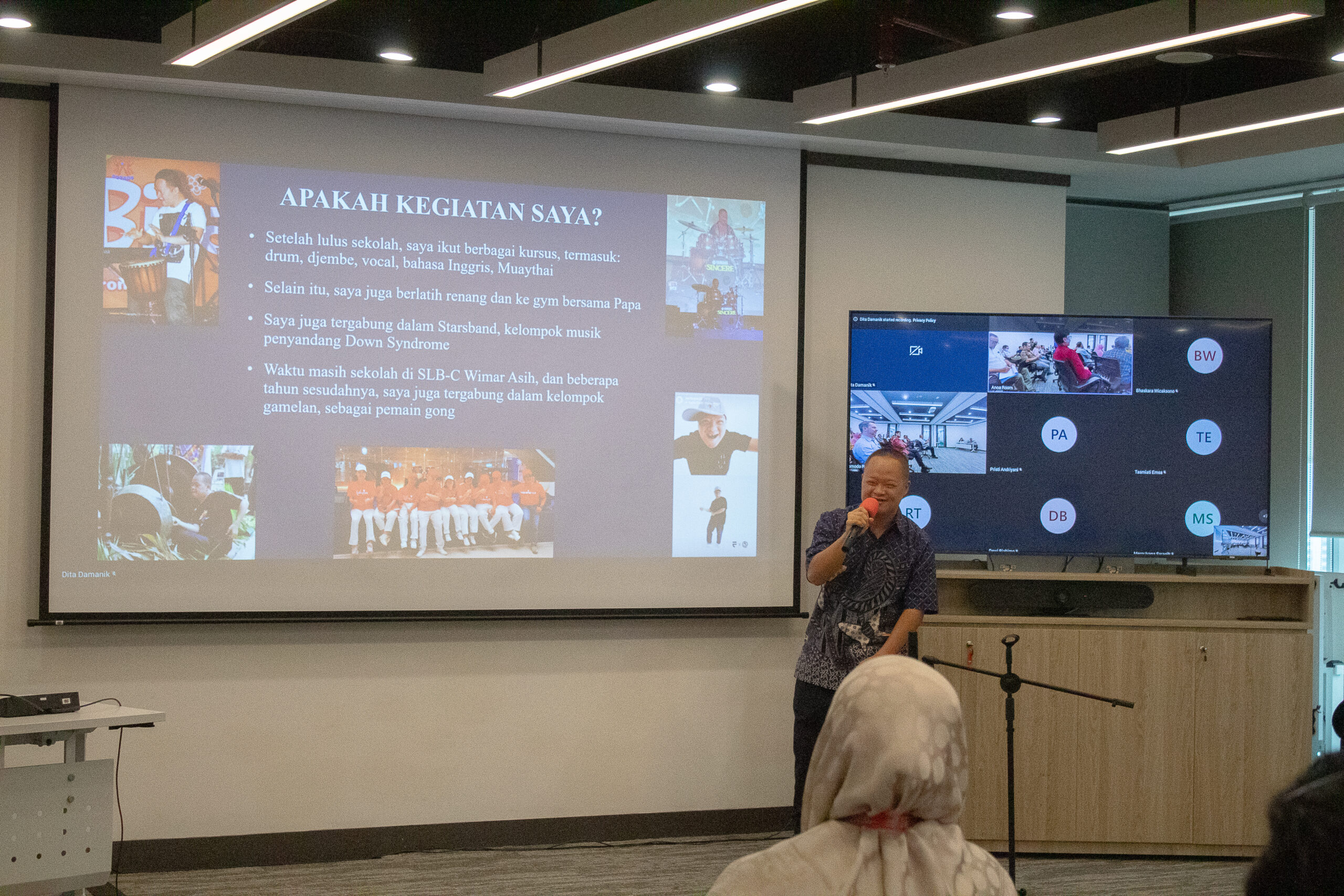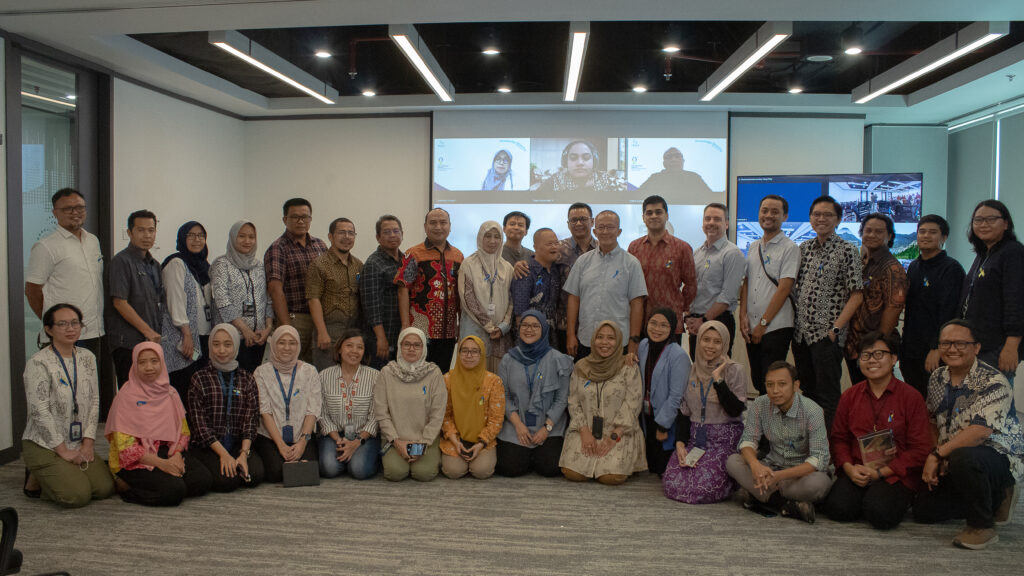Knowledge Sharing in Honour of Down Syndrome Awareness Month: The Potential for Independence and Inspiration

Down Syndrome, an intellectual disability, is often misunderstood, leading many to see people with the condition as unable to contribute meaningfully. However, with greater awareness, we can break these stigmas and recognise the unique talents and creativity of people with Down Syndrome. In honor of Down Syndrome Awareness Month, SKALA organised a knowledge-sharing session on “The Potential for Independence and Inspiration” to challenge these misconceptions.
Understanding Down Syndrome
Down Syndrome is a genetic condition where a person is born with an extra copy of the 21st chromosome, known as trisomy 21. While most people have 46 chromosomes, people with Down Syndrome have 47, which affects intellectual development and leads to specific physical characteristics.
People with Down Syndrome have a range of unique abilities. Many are warm, friendly, and personable, though they often face challenges with cognition, language, and may have additional health risks. Early intervention through physical, speech, and occupational therapy, can help them develop into independent and self-sufficient adults, ready to lead fulfilling lives.
Learning from People with Down Syndrome and their Families
SKALA, an Australia-Indonesia partnership program, is committed to social inclusion, including for people with disabilities. The knowledge event brought together SKALA team members from Jakarta and seven provincial offices, as well as representatives from DT Global and Australia’s Department of Foreign Affairs and Trade (DFAT).
The session featured two inspiring speakers: Defrey Adipratama, a young man with Down Syndrome, former intern at SKALA, and Eliza Rogi, Chair of POTADS (an Indonesian parents association for children with Down Syndrome). The session opened with an interactive quiz and a lively djembe performance by Defrey. He then shared highlights of his life and his passion for gamelan, Muay Thai, swimming and more with the audience. Looking to his future, he expressed hope for a fulfilling long-term job and believes that with preparation, training, empowerment, and community support, individuals with Down Syndrome can create, work, and contribute to society in positive ways.
Eliza Rogi shared insights on the unique development journey of people with Down Syndrome and offered practical advice on interacting with them. She noted that POTADS, a nonprofit foundation, supports families through information sessions, talent development classes, and by finding internships and jobs. Eliza emphasized that with the right guidance and support, people with Down Syndrome can work productively and become valuable members of society.
Achieving Self-sufficiency and Inspiring Others
People with Down Syndrome can enjoy a high-quality life full of meaningful activities, from education to work and community engagement. With the support of family, friends, and society, they can develop skills, explore interests, and build positive relationships, ultimately moving toward independence. Challenges remain though, especially in areas where individuals with Down Syndrome are still hidden away by their families.
Down Syndrome Awareness Month is an opportunity for society to recognize and appreciate the potential of individuals with Down Syndrome and to strengthen our commitment to accessible, inclusive basic services. By opening doors, we can empower people with Down Syndrome to keep creating, contributing, and inspiring those around them.

Post-Knowledge Sharing Session Group Photo






